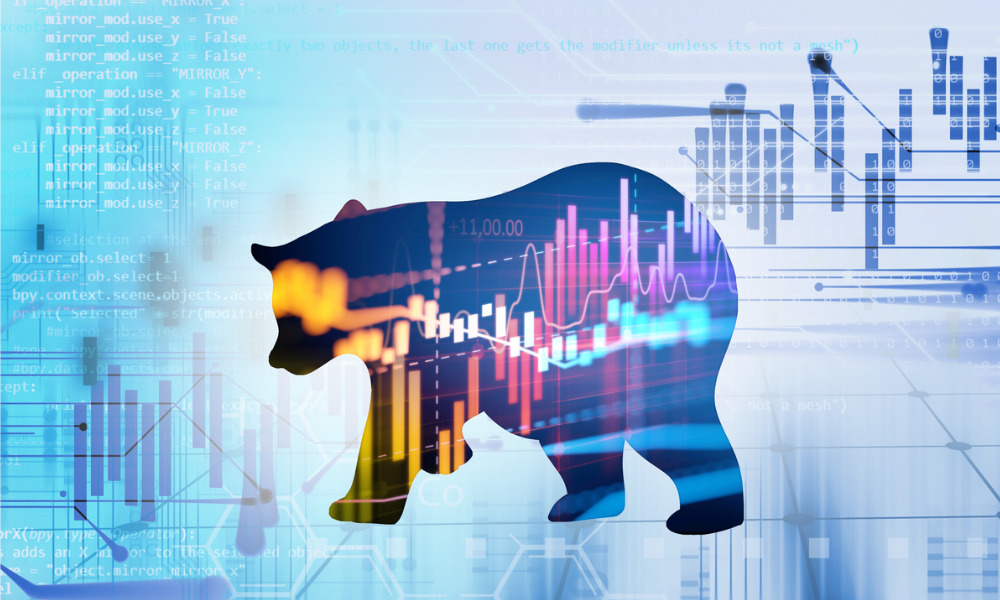

Summer selloff, happened so fast. Summer selloff, VIX had a blast.
For those who were out of the country during the first week in in August (perhaps in Tokyo or Lisbon or wherever else the superstrong dollar sent you), you may have missed the 6 percent S&P 500 selloff that freaked out everybody back home. And while you were out sightseeing during that same wacky week, the CBOE Volatility Index or Vix, often referred to as the “fear index”, spiked from 16 to 65, unnerving advisors and investors across America, from sea to shining sea.
Luckily, by the time you landed from your foreign vacation of a lifetime in mid-August, barely a week after the selloff hit its lowest levels, not only had the S&P 500 recovered from its depths, but it was higher than before! Meanwhile, the Vix had a similar roundtrip, although in the inverse. From serene to freakout levels and back.
So is that it? Did the market have its panic attack and it’s all-clear ahead?
Not so fast. Investors first need to get through the historically turbulent fall season. And according to some strategists, this summer’s madness may have been only a modest preview of what could be an awfully wild Autumn.
“The market has rallied back to within striking distance of the all-time highs, but we are not out of the woods yet. Remember that the middle of August is stronger than the beginning and end,” said Jeffrey Hirsch, editor of the Stock Trader’s Almanac. “I still expect some volatility ahead. Watch out for end of August weakness and September is worst month of the year.”
Added Hirsch: “And then there’s Octoberphobia: The fear of October’s propensity for crashes, massacres & meltdowns.”
Hirsch does expect stocks to recover heading into year end, pointing out that markets generally rally in election years. Yet, he is warning investors to strap on their seat belts over the next few weeks and months.
Similarly, Steve Sosnick, chief strategist at Interactive Brokers, sees market skittishness ahead, noting that Chairman Powell will be speaking of Jackson Hole in coming days, along with Nvidia earnings and inflation statistics on the first Friday in September.
“Any of these could be huge volatility inducing events. Yet somehow the market has decided that we're not going to get any over the coming 30 days,” said Sosnick, who is admittedly “leery” of stock index levels right now.
Meanwhile, Bill Davis, portfolio manager for the Hennessy Stance ESG ETF, believes the rotation is happening now, and investors better indeed buckle up for another downside shock.
“I think we're going to see more of these spikes and I think that there is an unwinding of the big bet that's been on the Magnificent 7 for a long time,” said Davis.
Davis predicts more of the Magnificent 7 stocks that led the S&P 500 to record highs will soon start dropping out of the “overvalued” group, just like Tesla (Ticker: TSLA) did.
And don’t expect the American consumer to save them, or the market, says Lindsey Bell, chief investment strategist at 248 Ventures.
Despite the strong retail sales report released in August, she believes the consumer is more stretched than the data reflects.
“If you look underneath the surface, you're going to see stagnant wages, a stalling job market and expectations for fair wage growth that are very low and it is stressing out the consumer,” said Bell.
And as for those seemingly impressive earnings reports from retailers ranging from LVMH (Ticker: LVMUY) to Walmart (Ticker: WMT), Bell believes they were good for the second quarter, but the outlook for the third quarter was not inspiring.
“A lot of companies are providing cautious guidance and cutting their expectations for the third quarter, which could be a negative into the fourth quarter, which, as you know, is super important because it's the holiday spending season,” said Bell.
In other words, investors may be celebrating Christmas in August and not even know it.

Executives from LPL Financial, Cresset Partners hired for key roles.

Geopolitical tension has been managed well by the markets.

December cut is still a possiblity.

Canada, China among nations to react to president-elect's comments.

For several years, Leech allegedly favored some clients in trade allocations, at the cost of others, amounting to $600 million, according to the Department of Justice.
Streamline your outreach with Aidentified's AI-driven solutions
This season’s market volatility: Positioning for rate relief, income growth and the AI rebound
